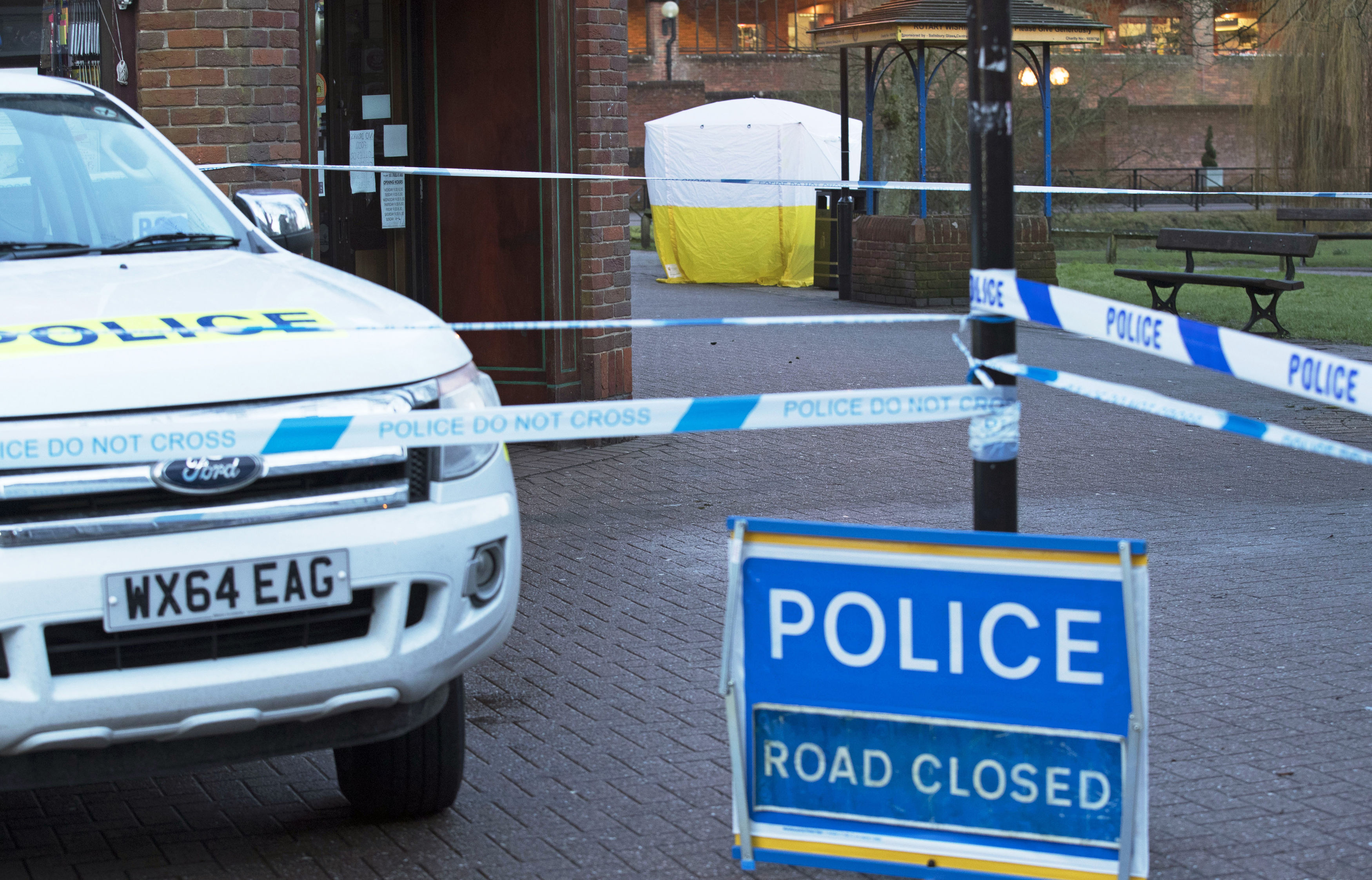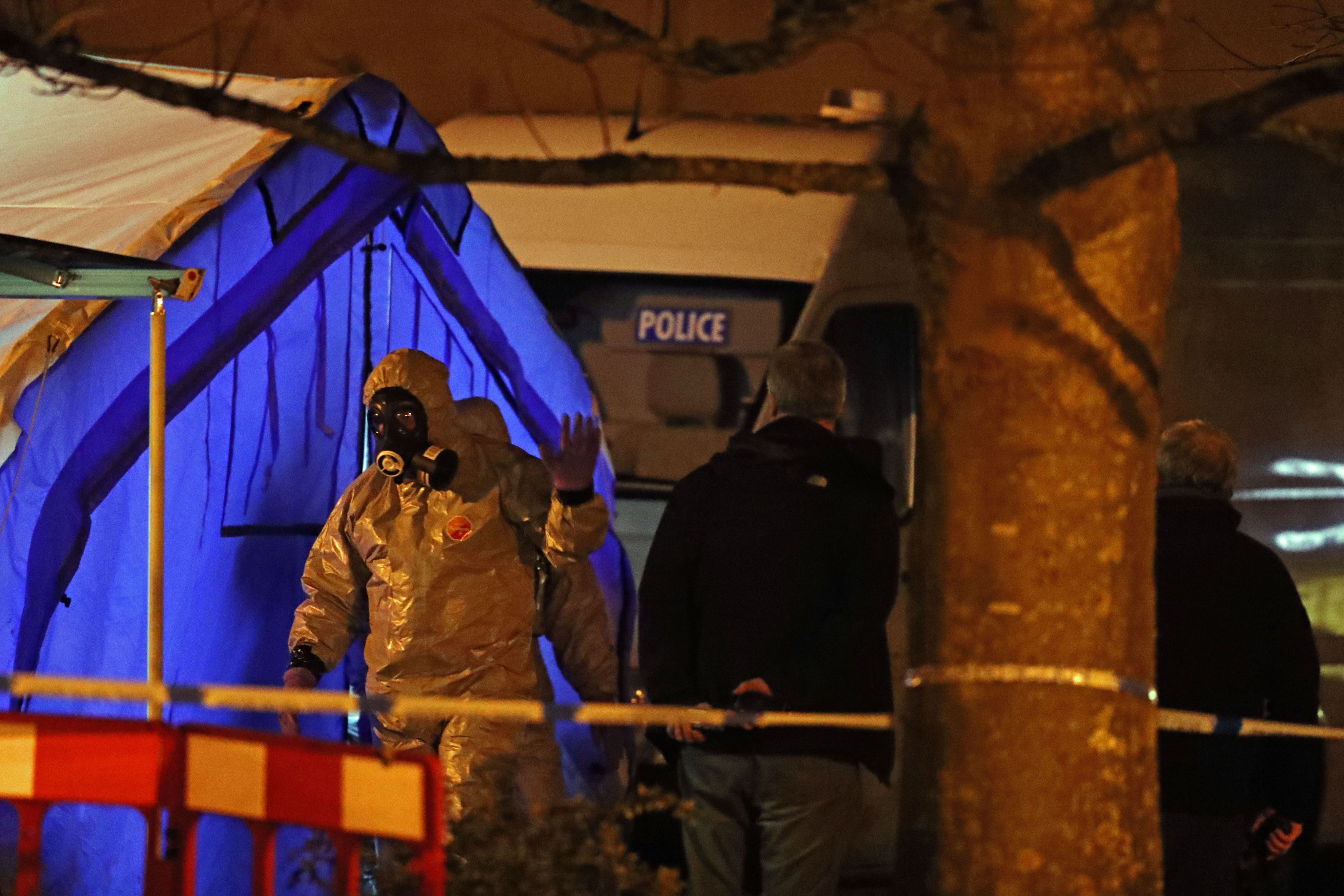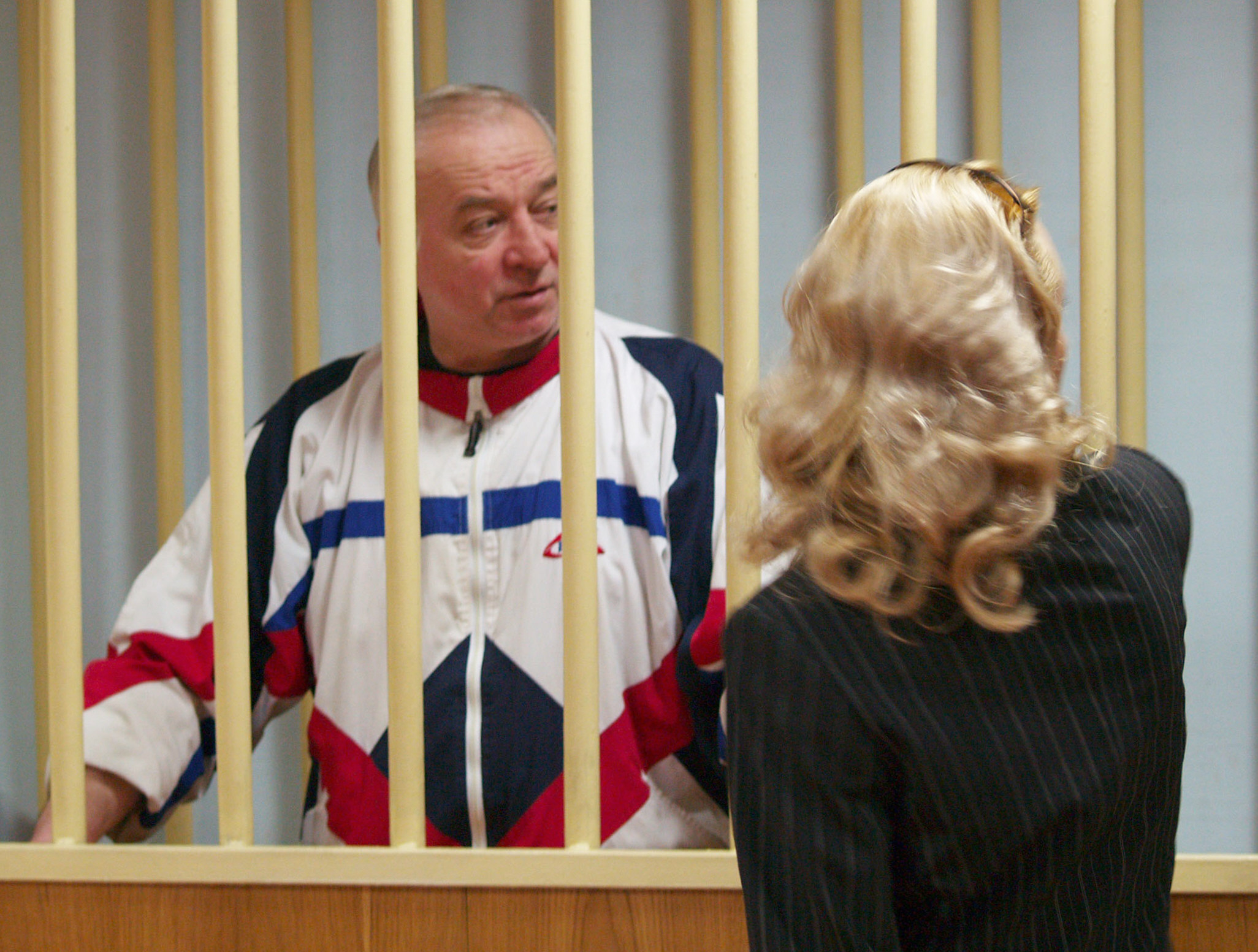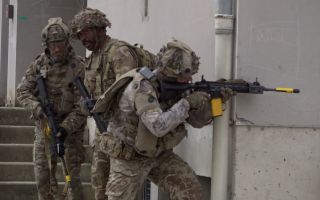
Russian Spy 'Poison' Unlikely To Be Radioactive Says Expert

The mystery substance which struck down Russian double agent, Sergei Skripal, is unlikely to be radioactive according to an expert.
The 66-year-old former Russian colonel and his daughter Yulia, 33-years-old, are critically ill in hospital as scientists race to determine the substance they have been exposed to.
The father and daughter fell ill in Salisbury, Wiltshire, on Sunday.
"If it was a nerve agent they would be given an antidote, which leads me to believe it is probably not a nerve agent."
The Defence Science and Technology Laboratory in Porton Down, which has state-of-the-art equipment to look for trace amounts of substances, is believed to be involved in examining what could have caused them to become ill.

Reports questioned whether the suspected poison was radioactive, such as the polonium used to kill Russian dissident Alexander Litvinenko, a nerve agent or a toxin.
But Hamish de Bretton-Gordon, a former commander of the Army's chemical, biological, radiological and nuclear regiment, said reports of the incident suggested it may not be radiation poisoning.
"Toxins like ricin - there's no antidote for that. If people are poisoned with ricin or abrin you treat the symptoms."
An official told the BBC's Newsnight programme that the pair were being treated for "symptoms rather than causes" which is "quite significant", according to Mr De Bretton-Gordon.
"It's obviously some sort of poisonous substance," he said.
"I don't think it's polonium - the incubation period is too long and the decontamination that's been reported is not the kind you would do for a radioactive isotope.
"If Porton Down are saying they are treating symptoms rather than causes they are doing palliative care.
"If it was a nerve agent they would be given an antidote, which leads me to believe it is probably not a nerve agent.
"Porton Down have no doubt taken blood samples and they should know by now what it is.
"Toxins like ricin - there's no antidote for that. If people are poisoned with ricin or abrin you treat the symptoms."
Ricin has been used in assassinations before, most notably in September 1978, when Bulgarian dissident Georgi Markov was killed in London using a poison-loaded umbrella.

But Mr de Bretton-Gordon said weaponising ricin was a complex process that would "probably need a professional laboratory to do it properly".
"Ricin can kill you very quickly - the longer they survive the better chance they have got. Poison does not get worse, you either die or you survive."
Mr de Bretton-Gordon said Porton Down, around eight miles from Salisbury, was the "leading toxicology lab in the world" which hold the supplies for the military and "if you were going to be poisoned anywhere in the world you would want to be near Porton Down."









